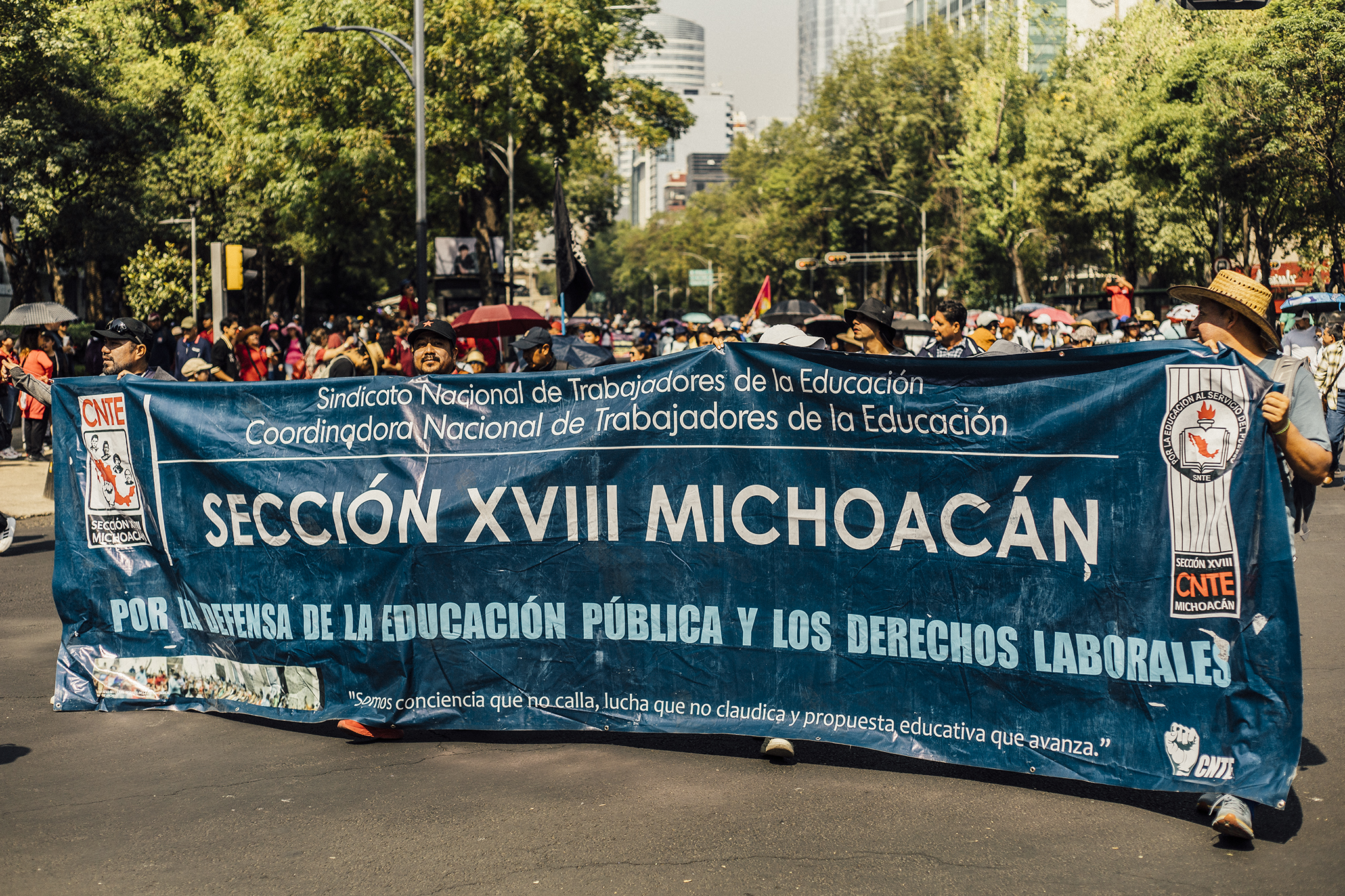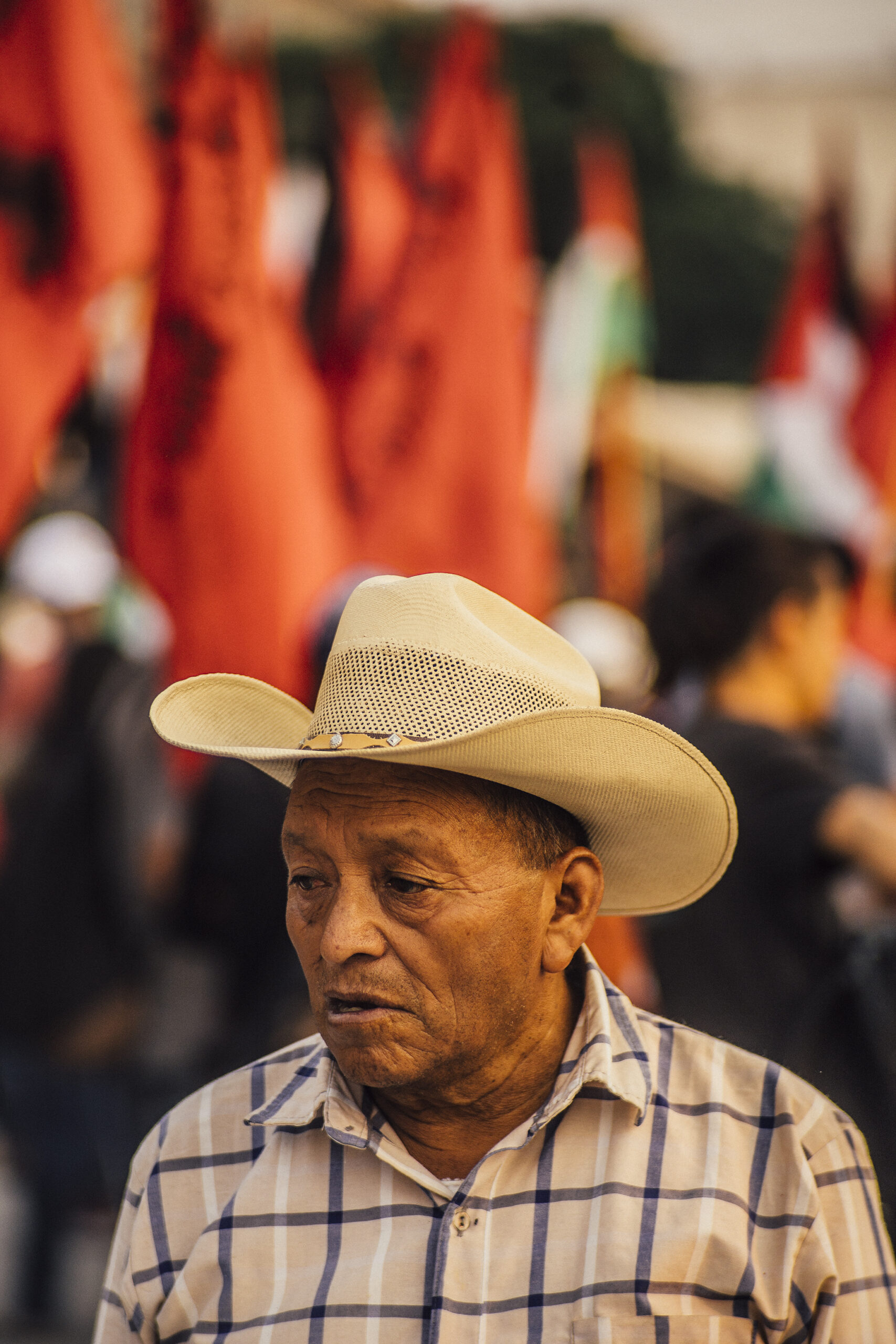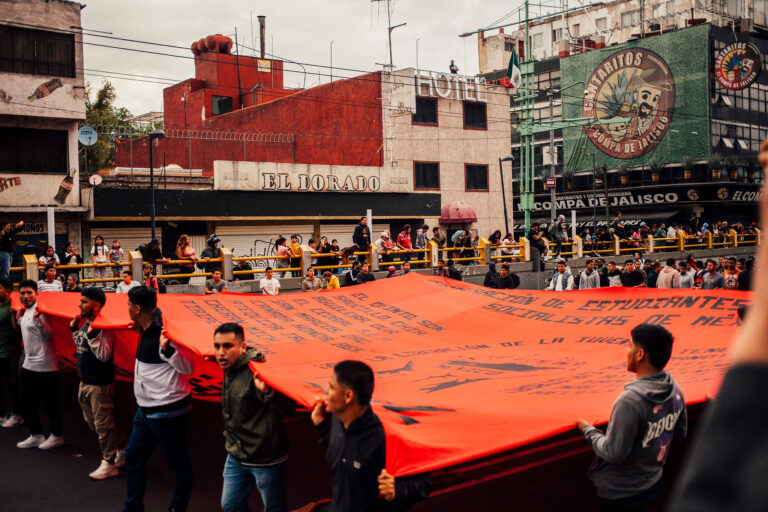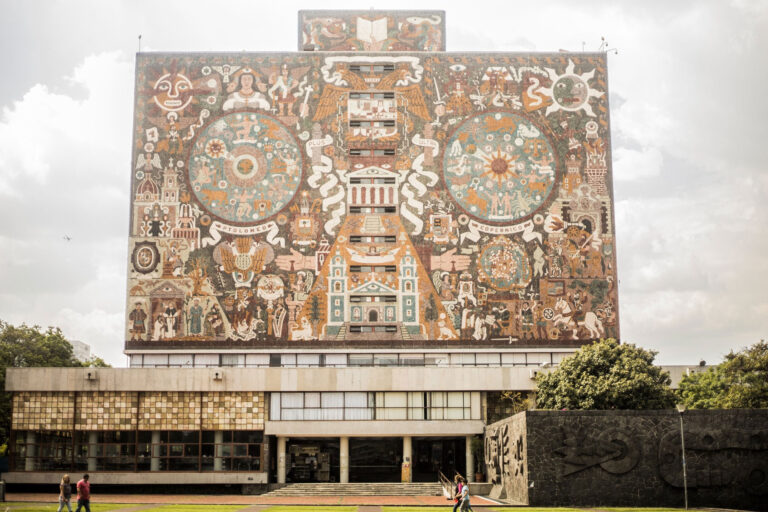FOR THE RECONSTRUCTION OF MEXICO’S TEACHING PROFESSION
This editorial by Mauro Jarquín Ramírez first appeared in the May 11th, 2025 edition of La Jornada, Mexico’s premier leftist daily newspaper.
What are the CNTE’s Demands?
Immediate repeal of the 2007 ISSSTE Law; restoration of a solidarity-based, collective, and intergenerational pension system; the full recognition of retirement based on years of service (28 for women and 30 for men); the payment of pensions based on the minimum wage rather than on UMAs; the elimination of AFOREs as a privatization model (AFOREs are private companies who managed pensions as individual accounts, extremely restrictive and profitable for finance capital); and a profound restructuring of ISSSTE to restore its social character.
For a long time, the Mexican democratic teaching profession has not faced a political situation as favorable to its strengthening and expansion as now. The national education system is the scene of a triple crisis developing simultaneously: the erosion of corporatism in the teachers’ union, the social unsustainability of neoliberal labor policies, and the internal contradictions of the Obradorist educational project. This is a scenario in which the future of Mexican unionism, the organization of the working class, and the educational project that will govern national education for future generations are all at stake.
After years of punitive neoliberalism in the sector during the PRI and PAN governments, and after seven years of progressive containment, the desire for change and teacher democratization has crystallized in the CNTE’s call for a national strike, scheduled to begin on May 15. While public debate has prioritized demands related to the pension system, the new Teachers’ Spring has implications on three levels.

1. Charrismo unionism is openly experiencing a period of decline.
Throughout the country, both the CNTE and various teaching groups and individual teachers have raised profound criticisms not only of Alfonso Cepeda’s personal leadership within the SNTE, but also of the very political and social function of corporate unionism. The pro-government unionism offers very little to education workers in terms of defending labor rights and improving their living conditions. Therefore, despite the SNTE leadership’s attempts to publicly dismiss the desire for teacher change, the historical demand to democratize the bodies that organize labor resonates ever louder, from ever more quarters.
2. The 2007 ISSSTE law, a product of neoliberal management of the labor market, has been criticized and fought against by democratic teachers for almost two decades due to its negative effects on state workers.
The current strong demand for its repeal is not new, but rather the result of long-standing organizing. In order to improve teachers’ living conditions, the Coordinator has proposed returning to the solidarity pension system, eliminating the rising retirement age scale, and taxing and defining pensions based on minimum wages rather than the UMA (Uninstitutional Unit of Social Security). This demand has been shared and has mobilized other workers’ groups and organizations throughout the country.
3. The 4T’s educational project is bogged down due to a complex struggle between two tendencies within the SEP
a) the one led by the Directorate of Educational Materials and the group of officials who promoted both the new curricular framework and the new generation of free textbooks, who have promoted with teachers a narrative of radical change in education and
b) the commitment to the full neoliberal restoration in education, carried out by Mario Delgado, who has incorporated into the governance of the education sector representatives from the world of philanthrocapitalism, corporate citizenship and companies, as well as managerial and solutionist discourses that come from different places in the global education industry.

In this context, the CNTE’s call for a national strike is crucial because it opens the door to uniting the diverse forces and expressions of the outraged and mobilized teachers across the country, with the goal of building better living and working conditions.
The potential of the new Teacher Spring allows for a dual movement within the national education system: overflow and rebuild. Overflowing the limits imposed by union corporatism, networks of state government control, and also the political coordinates of progressivism, which has gradually “bought,” in various areas, the ideological framework of neoliberalism and even the far right. This can broaden the horizon of a better education system that benefits students, teachers, and communities. In this regard, the reconstruction of the national teacher profession is a fundamental point.
The task of reconstruction must no longer be carried out from within political structures of corporate control, but from the grassroots. In this regard, the democratic teaching profession, which has gained vast experience working in adverse conditions, forging agreements, organizing movements, building alternative pedagogical projects, and consolidating collaborative networks, is the key player. The national education system requires teachers who enjoy freedom of association, decent living and salary conditions, and a new role in shaping educational policy and practice.
The CNTE’s call for a national strike is crucial at this point, because it not only appeals to its constituents, but also to the diverse groups in the labor movement who are clear that what cannot be achieved through elections must be achieved in the streets.
Given the importance of the current situation, it is necessary to remember that in the face of trends toward control, discredit, and containment, it is time to move forward collectively. As Professor Lev Velázquez has argued: it is now or never.
-
Normalista Students Block Morelia Avenues While CNTE Teachers Occupy Education Secretariat
Trained teachers were protesting the lack of placements, while the CNTE union demanded the state government meet its hiring and salary obligations.
-
7.4 Times Increase in Adult Literacy Program Graduates
For the governments of the Fourth Transformation, literacy is considered a national priority and a strategic action of the Mexican State to reduce inequalities, strengthen social inclusion and expand development opportunities throughout the country.
-
University & Intervention
Our country cannot repeat the mistakes of the past, such as when Latin American unity was rejected or when it disregarded Cuban and Venezuela initiatives to connect with labor and educational forces, along with their proposals and warnings.




